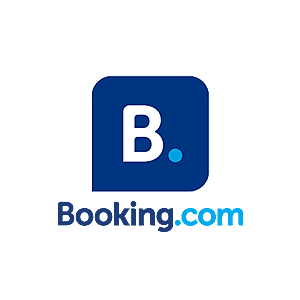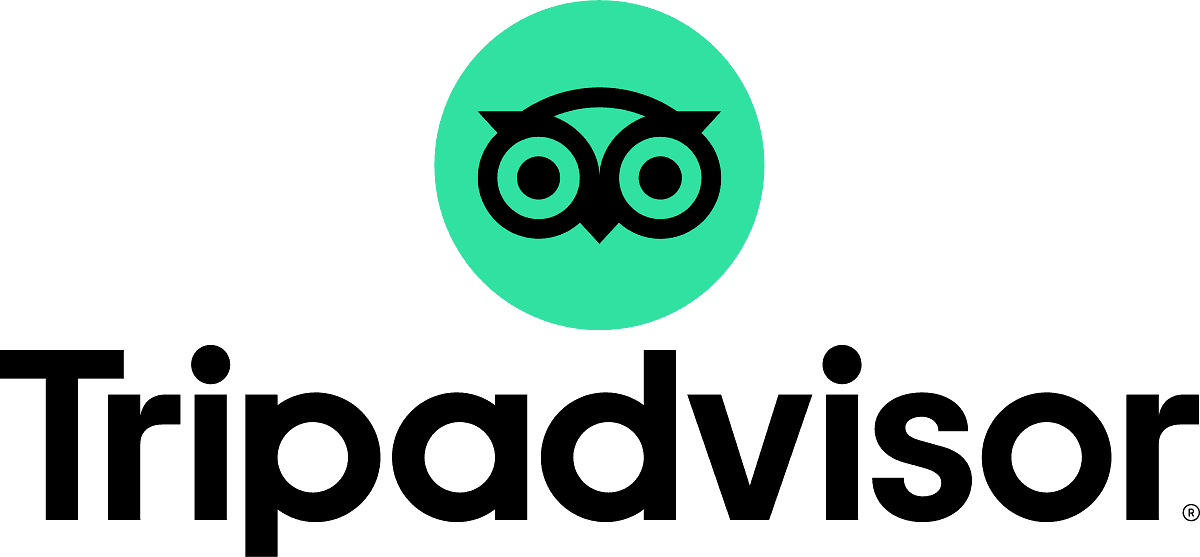
Accessible Travel: Case Study & Design
WanderAbility
Project Overview
Working in the travel industry, I was made aware of the limitations faced by people with varying accessibility needs. This project stems from a deep passion to create meaningful experiences that truly make a difference.
WanderAbility is meant to act as travel guide, ensuring every journey is as smooth and enjoyable as possible. Allowing all to explore with confidence, knowing that comprehensive accessibility resources are just a tap away.
What is WanderAbility?
Figma
Miro
Google Forms
Tools
My Role
Spearheaded the entire design process, from conceptualization and research to final implementation.
8 months
Sept 2023 - Apr 2024
Time
What problem am I trying to solve?
Improve accessible tourism
lack of standardized practices
by leveraging technology to create inclusive travel experiences for individuals with disabilities
cause inconsistencies in services and support when it comes to travelling accessibly
Currently, a
Initial Problem Discovery
Why is this problem important?
of travellers with disabilities place high importance on the availability of information.
of travellers with disabilities face difficulties when organizing their holidays.
of travellers with disabilities decide
against traveling due to a lack of information.
A study done by Neumann and Reuber, in 2014 study stated the difficulties faced by individuals with disabilities when organising their holidays, they bring to light the reality that the higher degree of disability a person suffers from, the less information is available.
70.6%
63.7%
37%
According to Neumann and Reu's study on the accessibility of tourism for individuals with disabilities:
Analysis of Existing Platforms




Offers basic accessibility filters and descriptions but lacks consistency and comprehensive coverage across listings. Navigation might be challenging for some users with disabilities.
Features detailed filters and descriptions, with some properties having an "Accessibility" badge. However, the verification of these features may not always be reliable, and the navigation can be complex.
Provides user-generated forums on accessibility but suffers from a lack of standardized information and complexity in finding specific details. Relies heavily on user reviews for accessibility insights
While Expedia, TripAdvisor, and Booking.com have made strides towards incorporating accessibility features, they fall short in delivering reliable, comprehensive, and user-friendly information that meets the needs of travelers with disabilities. The lack of consistency, standardization, and verified information, combined with navigation challenges, means these platforms do not fully serve their intended purpose.
Hypothesis
If I develop and integrate user-centered, accessible technological solutions in the tourism industry, I can significantly improve travel experiences of individuals with disabilities, driving economic growth and fostering a more inclusive society.
(So what?)
Research Summary
How might I design a solution that empowers individuals with disabilities to confidently explore the world around them?
How might I design a solution that empowers individuals with disabilities to confidently explore the world around them?
Problem Statement